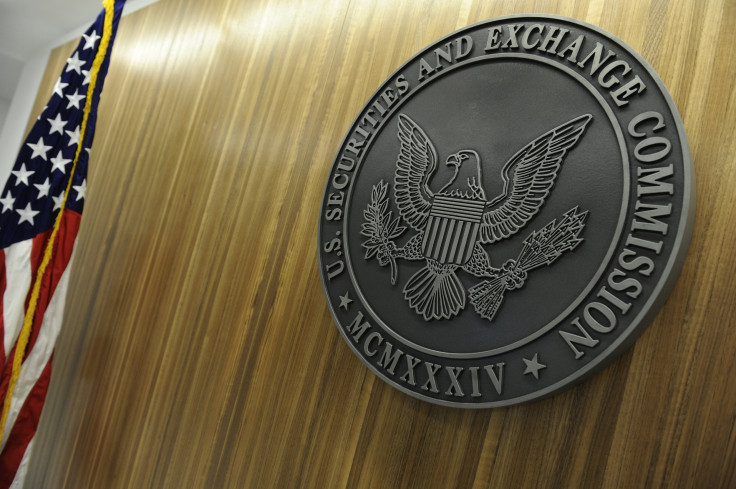SEC Report Finds Cryptocurrency Markets Trade To Federal Securities Laws

An investigation by the Securities and Exchange Commission of some cryptocurrency transactions that took place between April and May 2016 has found that even virtual financial offerings, such as cryptocurrencies based on blockchain technology, are subject to federal securities laws. In the specific incident under investigation, which the report found did not comply with the law, the SEC has decided not to press charges, however.
The SEC was investigating the sale of DAO Tokens, created and sold by German company Slock.it UG and based on cryptocurrency Ether, which is in turn based on the Ethereum blockchain. Between April 30 and May 28 last year, Slock.it raised Ether worth about $150 million through the sale of approximately 1.15 billion DAO Tokens, according to the SEC report. These tokens could then be bought and sold on secondary online platforms, without any regulatory oversight.
The fact that in the weeks and months following May 28, 2016, among the many tens of thousands of transactions made for DOA Tokens, many were made by U.S. citizens could have prompted the SEC to look into the matter.
Read: Hackers Stole $37 Million Worth Of Ether Cryptocurrency
In a statement accompanying the investigative report, the SEC said: “offers and sales of digital assets by ‘virtual’ organizations are subject to the requirements of the federal securities laws.” It referred specifically to some of the terminology used by virtual currency traders, such as “Initial Coin Offerings” (ICOs) and “Token Sales.” The report found that all such forms of cryptocurrencies were securities, insofar as the SEC was concerned, and therefore “issuers of distributed ledger or blockchain technology-based securities must register offers and sales of such securities unless a valid exemption applies.”
Since much the same rules will apply to cryptocurrency transactions as for any other sort of currency or securities trade, security exchanges that allow for trading of such digital currency need to register with the SEC. Even those participating in offerings that have not been registered with the SEC may be held liable for violating the law, the SEC said in its statement.
“The SEC is studying the effects of distributed ledger and other innovative technologies and encourages market participants to engage with us. We seek to foster innovative and beneficial ways to raise capital, while ensuring — first and foremost — that investors and our markets are protected,” SEC Chairman Jay Clayton said in the statement.
Read: Cryptocurrency Initial Coin Offerings Go Mainstream
The Enforcement Division of the SEC was investigating the DAO Token sales to see if they violated the law, or if the offer was covered under exemptions for crowdfunding. Despite finding a violation, the SEC is not bringing charges against Slock.it or its founders in this instance.
Steven Peikin, co-director of the Enforcement Division, said in the statement: “As the evolution of technology continues to influence how businesses operate and raise capital, market participants must remain cognizant of the application of the federal securities laws.”
The Office of Investor Education and Advocacy also issued an investor bulletin Tuesday that contains information about ICOs, as well as on red flags to watch out for, that could indicate possible investment fraud. The bulletin can be found here.
© Copyright IBTimes 2024. All rights reserved.











